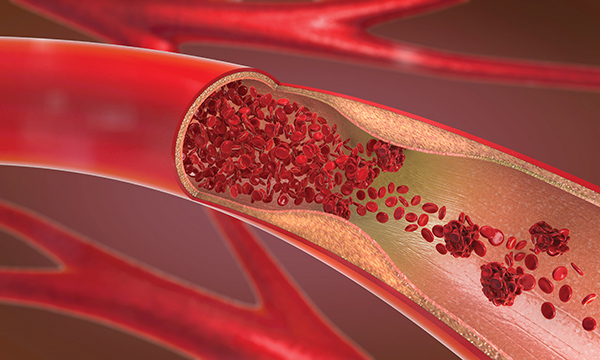Biological basis of child health 10: function and formation of blood and common blood disorders in children

Resource
Exclusive quality-assured learning resource
Online

Available to RCNi Plus subscribers
Applicable for any nurse with an RCNi subscription
This article, the tenth in a series on the biological basis of child health, focuses on blood. Blood has a crucial role in the transport of substances such as respiratory gases, nutrients and antibodies, as well as in acid-base balance, fluid balance, blood clotting and the immune system.
This article describes the composition, formation and function of blood, outlines normal blood count values and explains the effects of low blood cell counts in children. It also provides an overview of the blood disorders that are commonly seen in children, including anaemia, sickle cell disease, clotting disorders and blood cancers. It is essential for children’s nurses to have knowledge and an understanding of blood, including its physiology and pathophysiology, to provide optimal care and support to children and young people and their families.
Who is this resource for?
This resource is aimed at nurses and nursing support workers across all settings and levels of practice, including students of health, social work and care professions.
